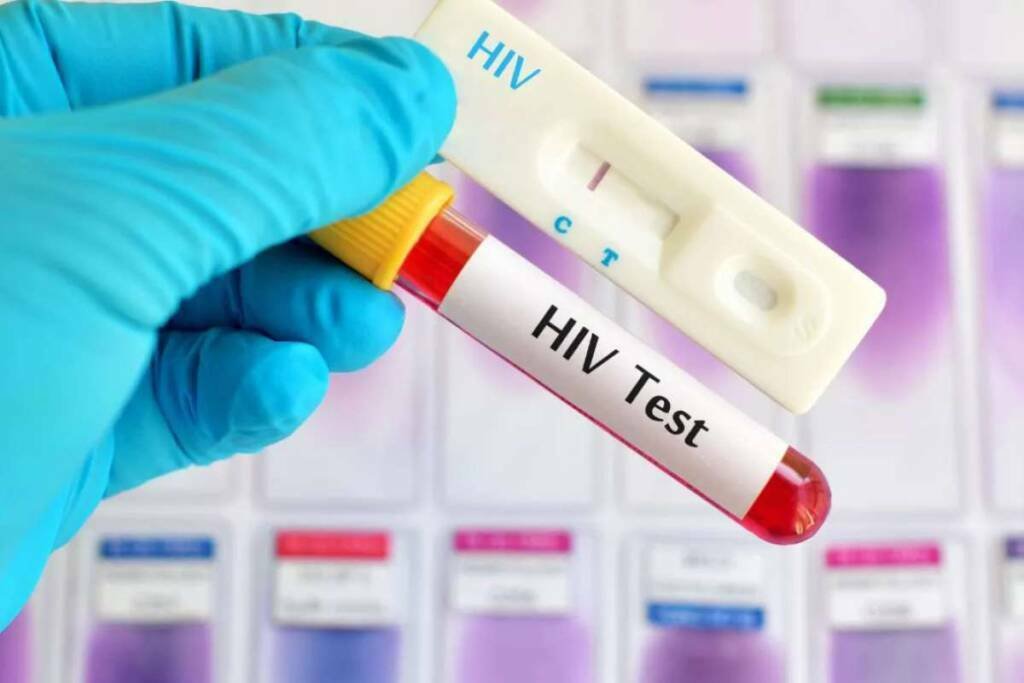Source – Gilead Sciences
Gilead Sciences is pleased to announce two collaborative initiatives. The first initiative aims to expedite the development of an investigational pediatric formulation of emtricitabine and tenofovir alafenamide (F/TAF) in a dispersible form. The second initiative focuses on developing pediatric formulations of TAF and sofosbuvir (SOF) that are designed to eliminate bitterness.
For over three decades, Gilead has been at the forefront of HIV research, driving advancements in treatment, prevention, and cure. Gilead is partnering with the Clinton Health Access Initiative (CHAI) and the Penta ID network, a scientific organization dedicated to child health research, to accelerate the development, regulatory approval, and commercialization of a dispersible, fixed-dose combination treatment for children living with HIV in low- and middle-income countries (LMICs) who weigh at least 3 kg. This treatment regimen will incorporate Gilead’s F/TAF products. Under the agreement, Gilead will provide a technology transfer of existing data for a dispersible formulation of F/TAF, along with supporting pharmacokinetic (PK) data. Penta, through the UNIVERSAL project funded by the European & Developing Countries Clinical Trials Partnership (EDCTP), will conduct PK modeling and clinical studies for the investigational combination formulation. CHAI, with support from global health agency Unitaid, will oversee the global access strategy in collaboration with two generic manufacturers.
Globally, it is estimated that 1.7 million children under the age of 15 are living with HIV. However, only slightly over 50% of these children are receiving antiretroviral treatment, compared to the 76% of adults living with HIV who are currently on treatment. Many LMICs bear a significant burden of mother-to-child transmission, and the prevalence of HIV among children remains high.
Gilead is also partnering with Monell Chemical Senses Center (Monell), Eurofins’ Translational Cell Models group (formerly known as DiscoveryBiomed (DBM)), and CHAI to identify bitter blockers for pediatric formulations of TAF and SOF. Finding bitter blockers for these medications could enhance medication adherence among children. Pediatricians, caregivers, industry, and global health donors acknowledge that the bitter taste of medication, especially for children who are particularly sensitive to bitterness, can contribute to low adherence rates. This, in turn, increases the potential for health complications and mortality in young patients. Once candidate bitter blockers are confirmed, the partners will collaborate to advance these agents into product development and eventual introduction, pending approval.
This partnership offers a unique approach to a challenging problem. The collaboration will leverage Monell’s extensive expertise in human taste biology and their novel human taste cell culture technology developed in collaboration with Eurofins’ Translational Cell Models group. Eurofins’ Translational Cell Models group specializes in human tissue-derived cell-based assays. With support from the Bill and Melinda Gates Foundation and the National Institutes for Health, the collaboration between Monell and Eurofins’ Translational Cell Models group has demonstrated a reliable and efficient screening platform for identifying bitter blockers.
These efforts align with the WHO-led Global Accelerator for Pediatric Formulation (GAP-f) and the HIV and Hepatitis C WHO-led PAediatric Drug Optimization (PADO) groups. Collectively, GAP-f and PADO aim to achieve universal health coverage by accelerating the development of improved medicines for children in need. Their objectives involve prioritizing and aligning partners to facilitate efforts in identifying superior and pediatric-appropriate fixed-dose combinations that reduce pill burden, promote treatment adherence, and simplify treatment administration for infants and children.
“Pediatric HIV remains a serious global health challenge. By working together with these key partnerships and combining our respective expertise, we can get closer to ending this epidemic for everyone, everywhere. By developing medicine formulations that meet the needs of children, and by improving palatability, through these partnerships, we have the ability to potentially increase adherence rates in children. This collaboration, along with the recent launch of Gilead’s Pediatric Centre of Excellence in Dublin, reflects our deep commitment to the discovery and development of urgently needed treatment options for children living with HIV and other viral infections across the world.”
– Jared Baeten, MD, PhD, Vice President, HIV Clinical Development, Gilead Sciences





























